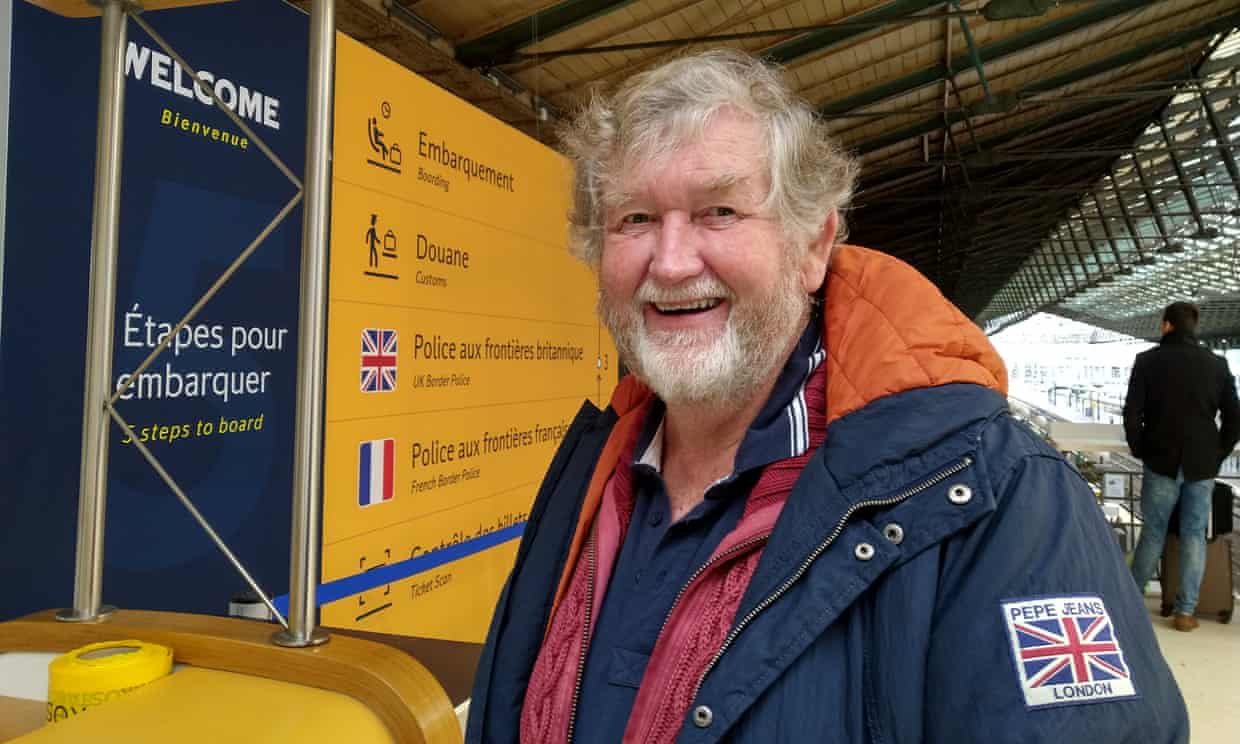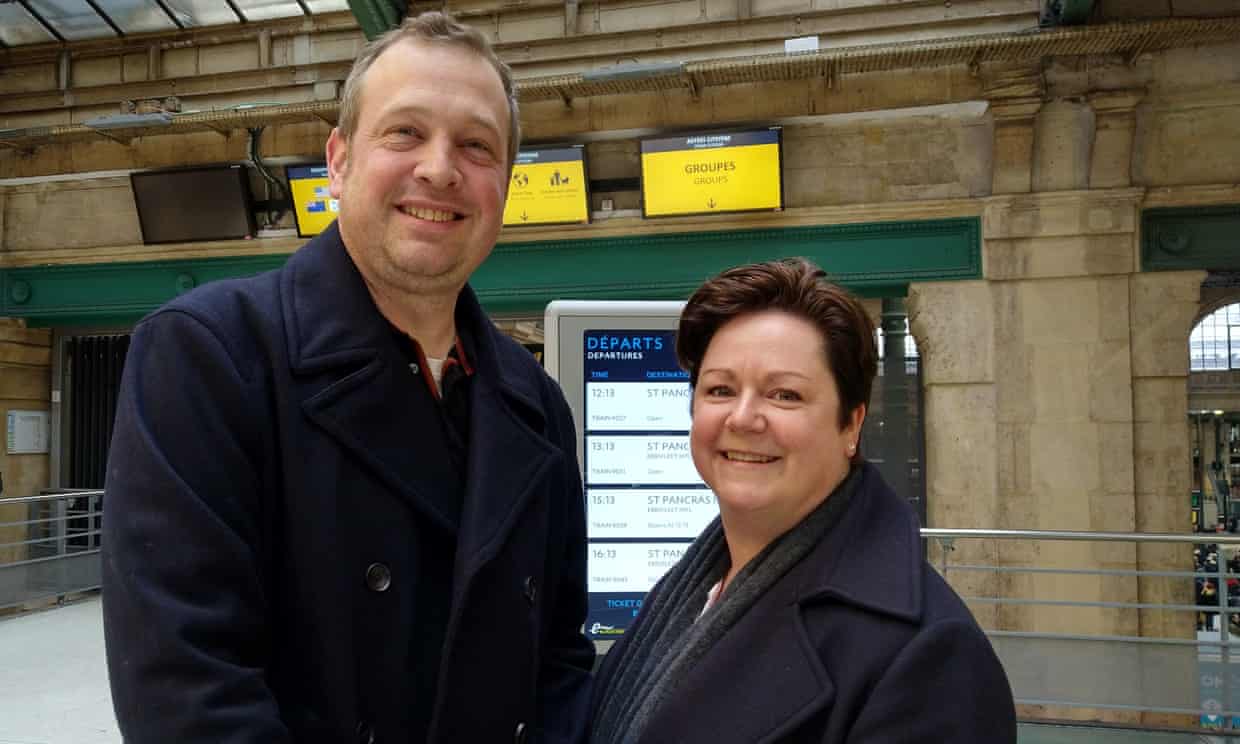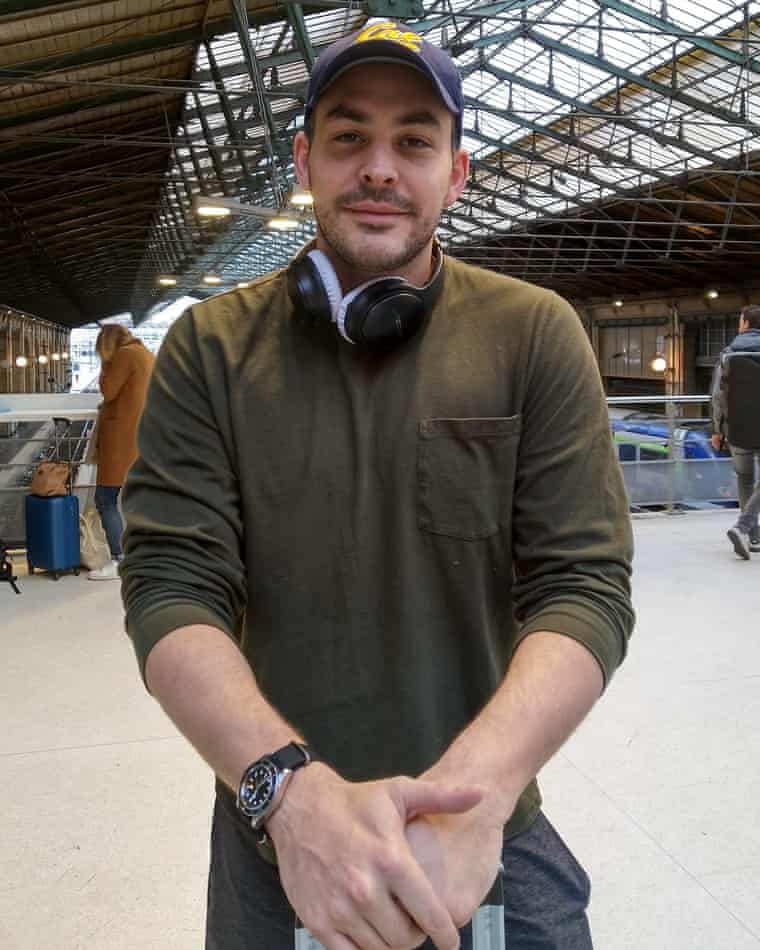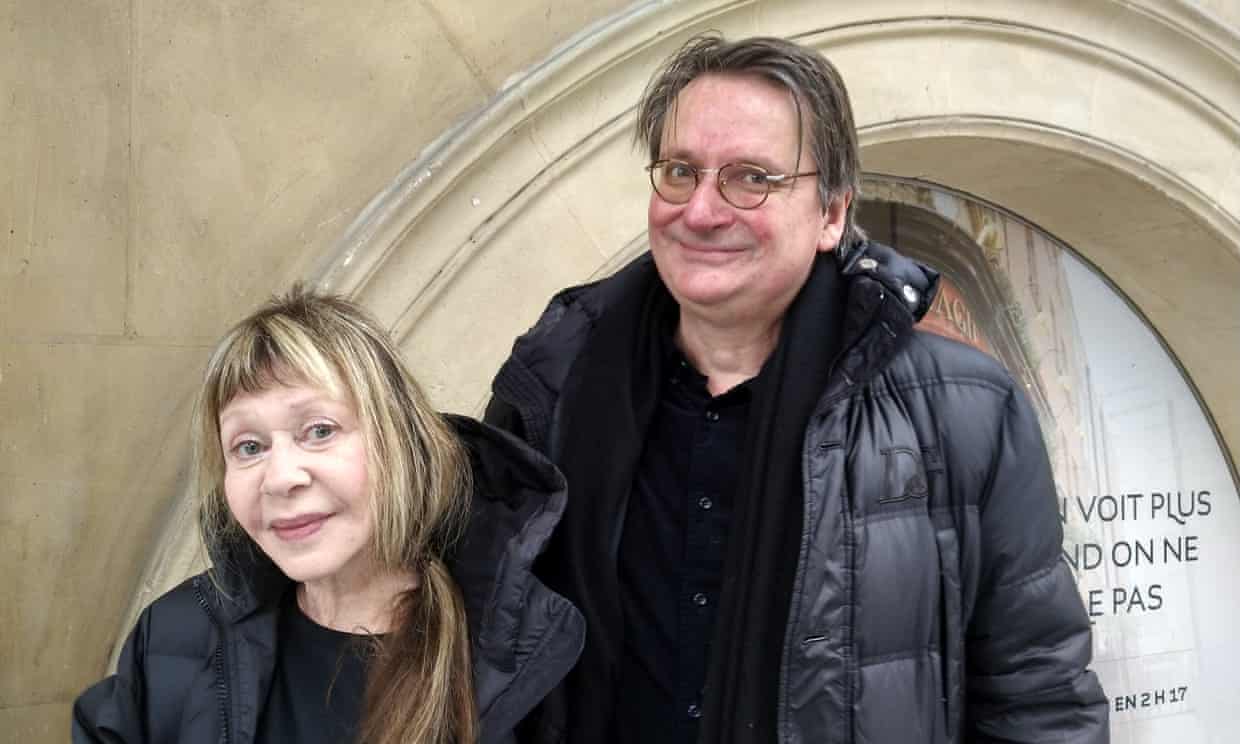
Brexit
‘Just gutted’: Eurostar passengers in Paris reflect on Brexit day
As Britain finally leaves the EU, travellers from Britain and France express anger and sadness
by Jon HenleySome were still seething; others simply resigned. Most were frankly nonplussed about why on earth this thing was even happening. But only a very few, making their last European cross-border journey as citizens of the EU, were unmoved.
“Gutted,” said Claire Booth, 45, a day nursery manager from Lincoln, queuing at the Gare du Nord for the late-morning Eurostar to London. “Just gutted. It’s really sad. And what must the Europeans think of us? I just want to say: we’re not all Brexiters.”
Returning from Paris with her partner, Mark, 46, after an overnight trip to see the Birmingham indie rock band Editors – themselves outspoken pro-Europeans, the couple said they made several trips to Europe each year.
“Rome, Barcelona, Portugal this year,” said Mark. “We know not a lot will change for the next 11 months, but after that … who knows? That’s the thing, the uncertainty. The unknown. What will Brexit actually look like? After three years, it’s staggering that we still don’t know.”

Hours before Britain was due to formally leave the EU, said Claire, “no one can actually envisage Britain being better off because of Brexit”. The fate of the nation was one thing; personal inconvenience another. “This time next year, will we be using the non-EU passport channel?” asked Mark.
Glenn Berry, 34, was returning to London from the Paris Fintech Forum, a big annual event in the financial technology world’s calendar. He had much the same kind of practical question: “In 2021, how painless is this same journey going to be?”
Berry said he too was “saddened by Brexit. Sad we haven’t been able to get out more amicably, that it’s taken so long – but mainly sad it’s happening at all. I have a 14-month-old son. His opportunities won’t be the same as mine, and that’s sad.”

Beyond the possible hurdles to travel, he said, Brexit was already disrupting his professional life: “My company is moving its head office to Amsterdam. Some are going to Luxembourg. We know regulations will change; we just have no idea how.”
But the deeper disruption was emotional. “All my life, I’ve had a European identity; I’ve been lucky enough to have options,” Berry said. “Obviously, we’ll still be a part of Europe on some level. But really, it feels like we’re saying goodbye today to a real part of what we are.”
Peter Buxton-Carr, 74, returning to the UK for a visit, as he does every two or three months, from Bayonne in south-west France where he has lived for the past eight years, was angrier. “The whole thing is just ridiculous,” he said.
“Economically, it makes no sense – we screw up our relationship with Europe then look to the US, which has no intention of doing us any favours,” said Buxton-Carr, who left Britain in 1975 and spent most of his working life in sales in Canada.
“People are going to lose their jobs and politicians won’t care. It’s very sad. Morally, we were lied to constantly. ‘We’ll save on the money we send to the EU,’ but what about what the EU has been worth to us? And practically … Well, I have a UK pension and rely on reciprocal healthcare. Those really matter. I hope they’re secure.”
Not quite so passionate but no less heartfelt were Simon Waldron, 58, a Paris-based consultant, and his wife, Ira, a successful Russian-born artist. Asked how he felt to be making his last journey as an EU citizen, Simon said: “Rather peeved.”

He respected the democratic vote, he said, but still had no idea of its consequences. “They are really just about to begin,” Waldron said. “All I can say is that no one has so far been able to convince me that my original opinion was wrong.”
The one positive development, he said, was that “the decision has finally been taken, we are definitely out – which means that those responsible for this whole thing will actually have to face up to the consequences of their acts”.
Like several Britons at the station, Waldron stressed that he was at least fortunate enough to be in position to retain the advantages of EU citizenship by applying for French nationality, which he intended – somewhat reluctantly – to do.
French nationals taking the train were equally downbeat. “Practically, I can’t see how it will affect me very much – unless of course it starts causing real problems for some of our clients,” said Natalie Delassalle, 47, a public relations executive who takes the Eurostar twice a month for meetings in London.
“This is obviously a momentous day, a terribly sad day; you’re abandoning this project after nearly 50 years. And honestly, I can’t see why you’re doing it. I don’t understand. I don’t envy you – and not just the passport hassle. You’re on your own now and the world feels like quite a hostile place. Good luck.”